H.R. 38: Constitutional Concealed Carry Reciprocity Act
This bill, known as the Constitutional Concealed Carry Reciprocity Act, proposes changes to federal law regarding the concealed carry of firearms across state lines. Here’s a breakdown of what the bill aims to do:
Key Provisions
- Legal Authority for Non-Residents: The bill allows individuals from one state to carry concealed firearms in another state, as long as both states allow for concealed carry. Specifically, a person can carry a concealed firearm in any state that has laws permitting its residents to apply for a concealed carry permit or that does not outright prohibit concealed carry by its residents.
- Identification Requirements: To carry a concealed firearm under this bill, individuals must possess a valid photo ID and a concealed carry permit issued by their home state. This ensures that those carrying concealed firearms have the necessary identification to prove their legal right to do so.
- Legal Protections: A person carrying a concealed firearm in accordance with this bill cannot be detained or arrested for violating state laws relating to firearms unless law enforcement has probable cause that the individual is not complying with the law. Valid documentation acts as evidence that the individual is authorized to carry a concealed firearm.
- Defense in Legal Proceedings: If accused of violating state firearm laws while carrying under this bill, the individual can use this law as a defense. The burden of proof is on the prosecution to show that the individual did not meet the terms of the bill.
- Statutory Actions: Individuals who believe they have been unjustly deprived of their rights under this bill can file lawsuits against those responsible, which may include state officials. Courts can award damages and attorney fees to successful plaintiffs.
- Exemptions from State Laws: The bill does not affect state laws that permit private property owners or entities to ban concealed firearms on their premises. It also allows states to maintain prohibitions regarding firearms on state-owned properties, such as government buildings.
- Areas Where Carry is Allowed: The bill specifies that individuals carrying concealed weapons may do so in various public areas, including national parks and wildlife refuges, public lands managed by federal agencies, and other open public spaces.
Effective Date
The proposed changes to the law would take effect 90 days after the bill is enacted, should it pass through the legislative process.
Severability Clause
The bill includes a severability clause, meaning that if any part of the law is found to be unconstitutional, the remaining provisions will still apply.
Relevant Companies
None found.
This is an AI-generated summary of the bill text. There may be mistakes.
Sponsors
190 bill sponsors
-
TrackRichard Hudson

Sponsor
-
TrackRobert B. Aderholt
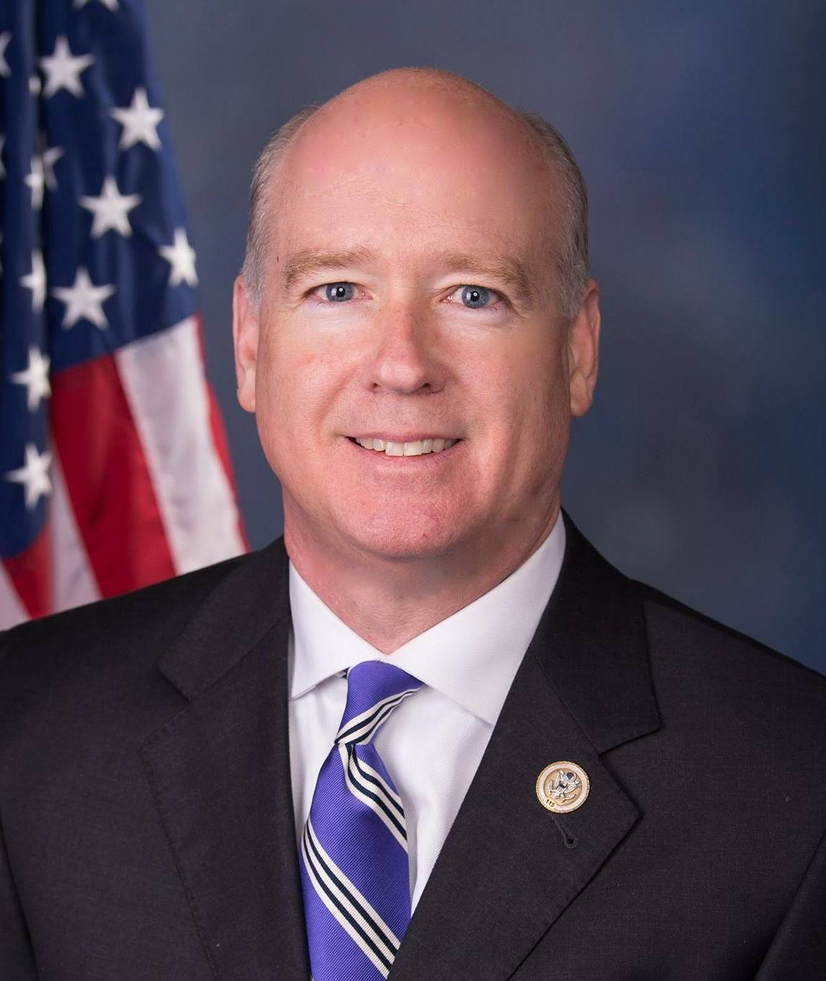
Co-Sponsor
-
TrackMark Alford

Co-Sponsor
-
TrackRick W. Allen

Co-Sponsor
-
TrackMark E. Amodei
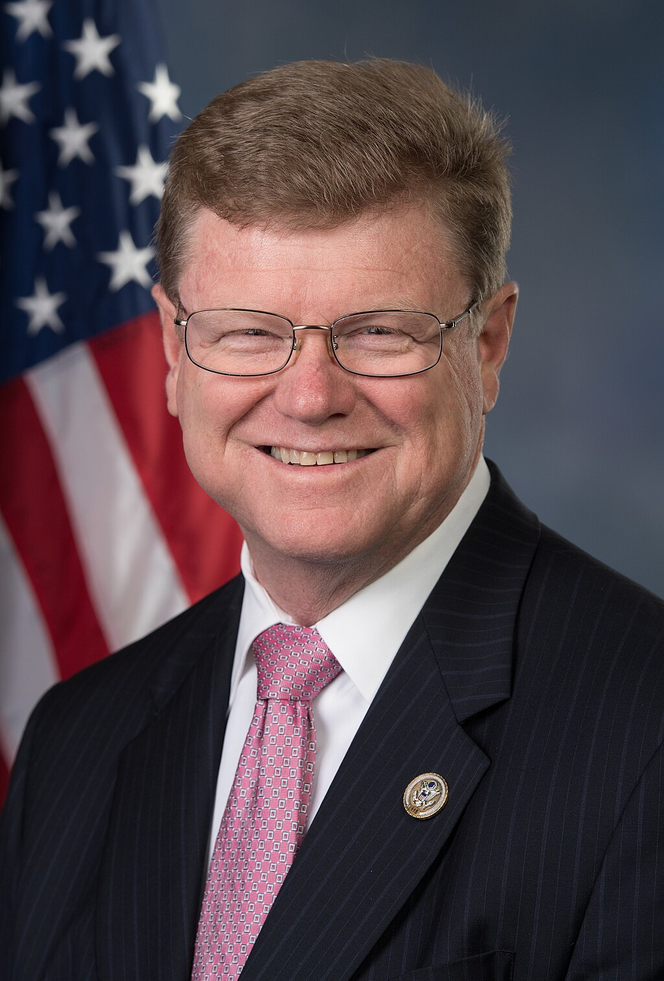
Co-Sponsor
-
TrackJodey C. Arrington

Co-Sponsor
-
TrackBrian Babin
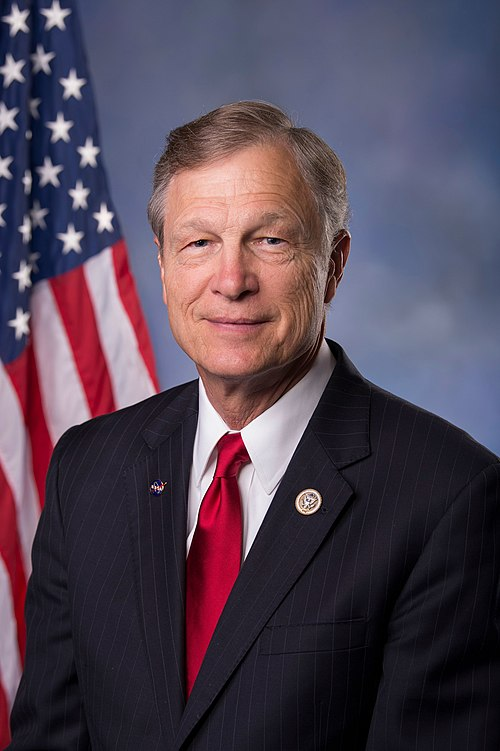
Co-Sponsor
-
TrackDon Bacon
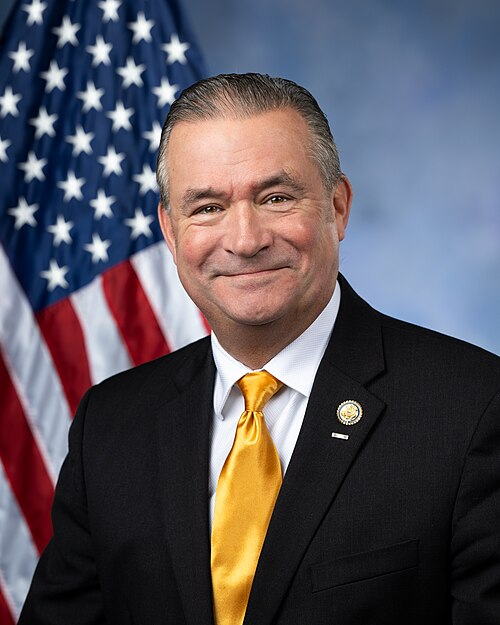
Co-Sponsor
-
TrackJames R. Baird
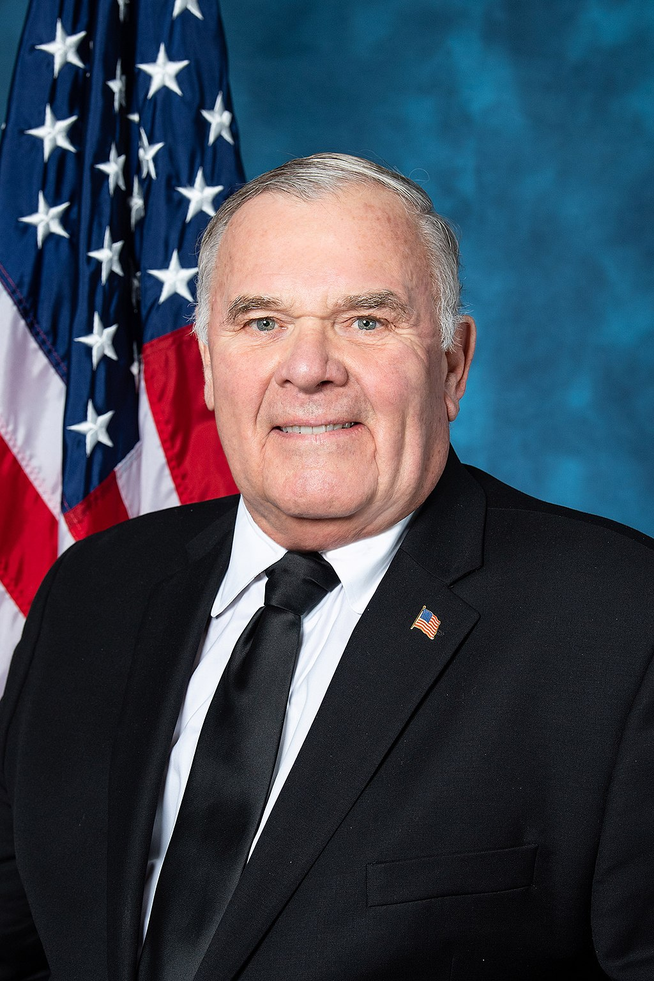
Co-Sponsor
-
TrackTroy Balderson
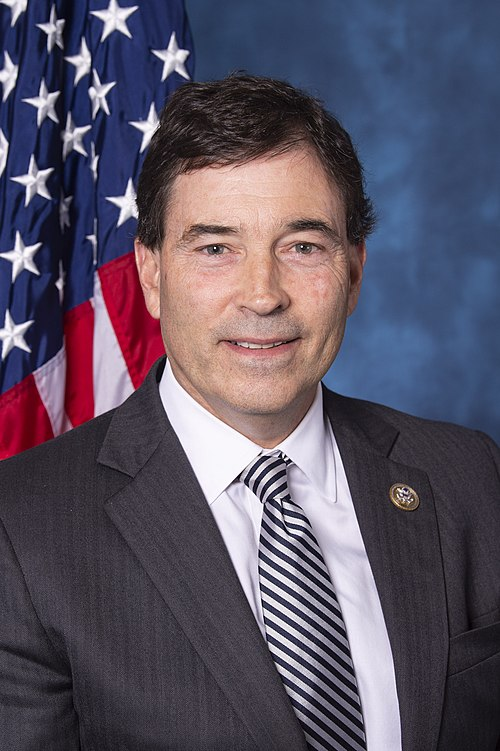
Co-Sponsor
-
TrackAndy Barr
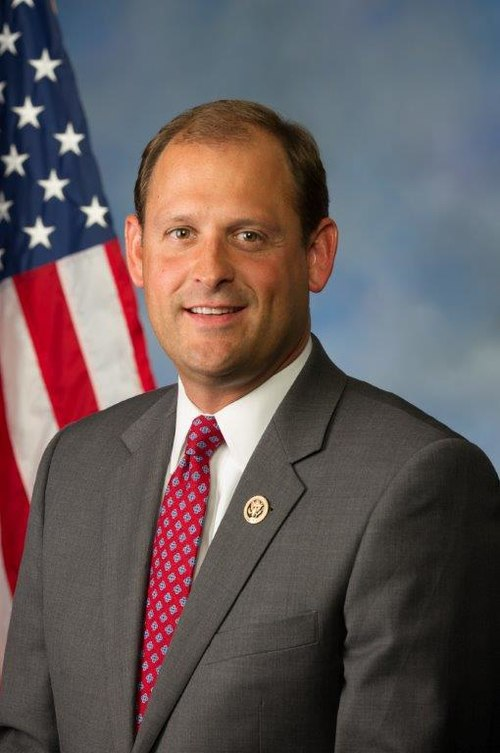
Co-Sponsor
-
TrackTom Barrett
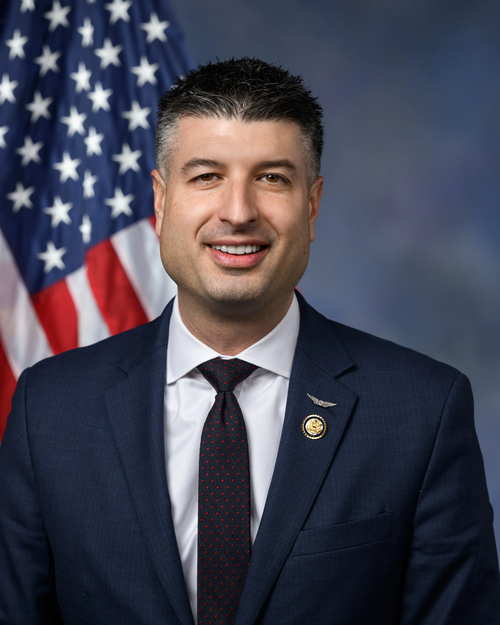
Co-Sponsor
-
TrackMichael Baumgartner

Co-Sponsor
-
TrackAaron Bean

Co-Sponsor
-
TrackNicholas Begich

Co-Sponsor
-
TrackCliff Bentz
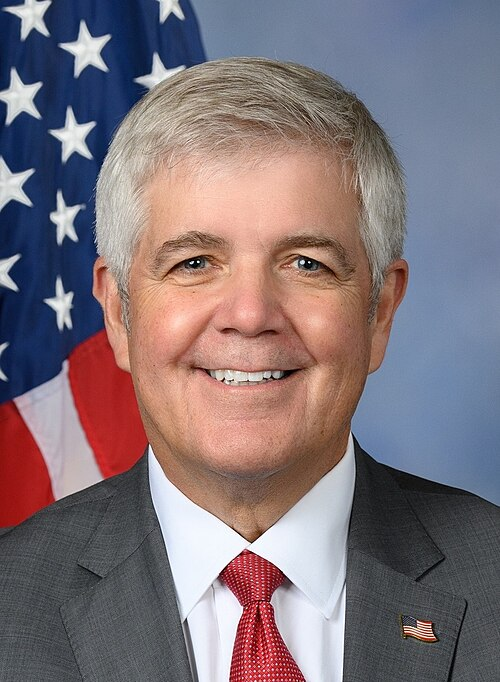
Co-Sponsor
-
TrackJack Bergman

Co-Sponsor
-
TrackStephanie I. Bice

Co-Sponsor
-
TrackAndy Biggs

Co-Sponsor
-
TrackSheri Biggs

Co-Sponsor
-
TrackGus M. Bilirakis

Co-Sponsor
-
TrackMike Bost

Co-Sponsor
-
TrackJosh Brecheen

Co-Sponsor
-
TrackRobert Bresnahan

Co-Sponsor
-
TrackVern Buchanan

Co-Sponsor
-
TrackTim Burchett

Co-Sponsor
-
TrackEric Burlison
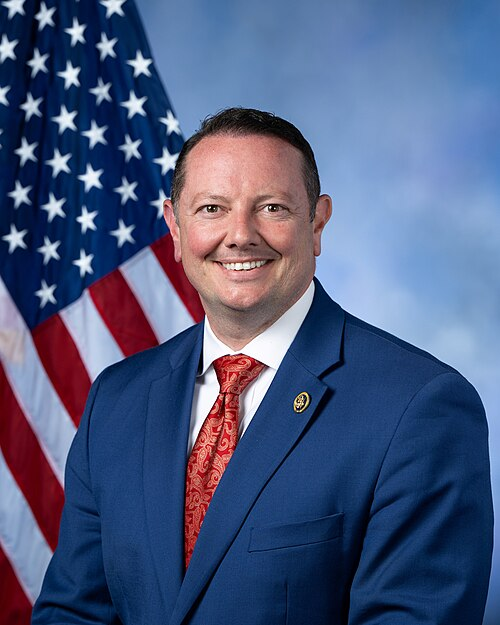
Co-Sponsor
-
TrackKen Calvert

Co-Sponsor
-
TrackKat Cammack

Co-Sponsor
-
TrackMike Carey

Co-Sponsor
-
TrackJohn R. Carter

Co-Sponsor
-
TrackEarl L. "Buddy" Carter

Co-Sponsor
-
TrackJuan Ciscomani
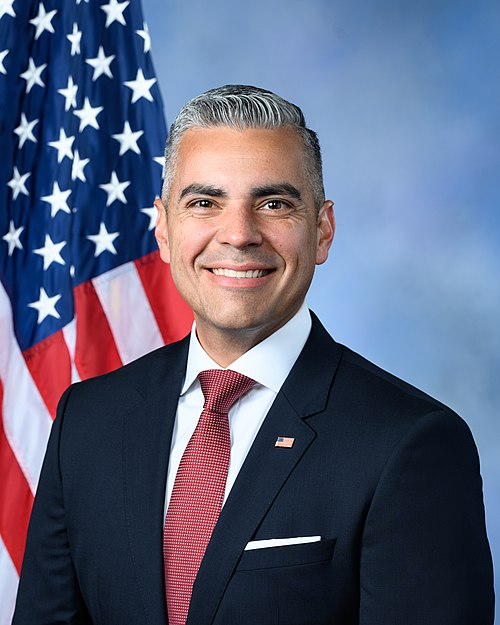
Co-Sponsor
-
TrackBen Cline

Co-Sponsor
-
TrackMichael Cloud

Co-Sponsor
-
TrackAndrew S. Clyde
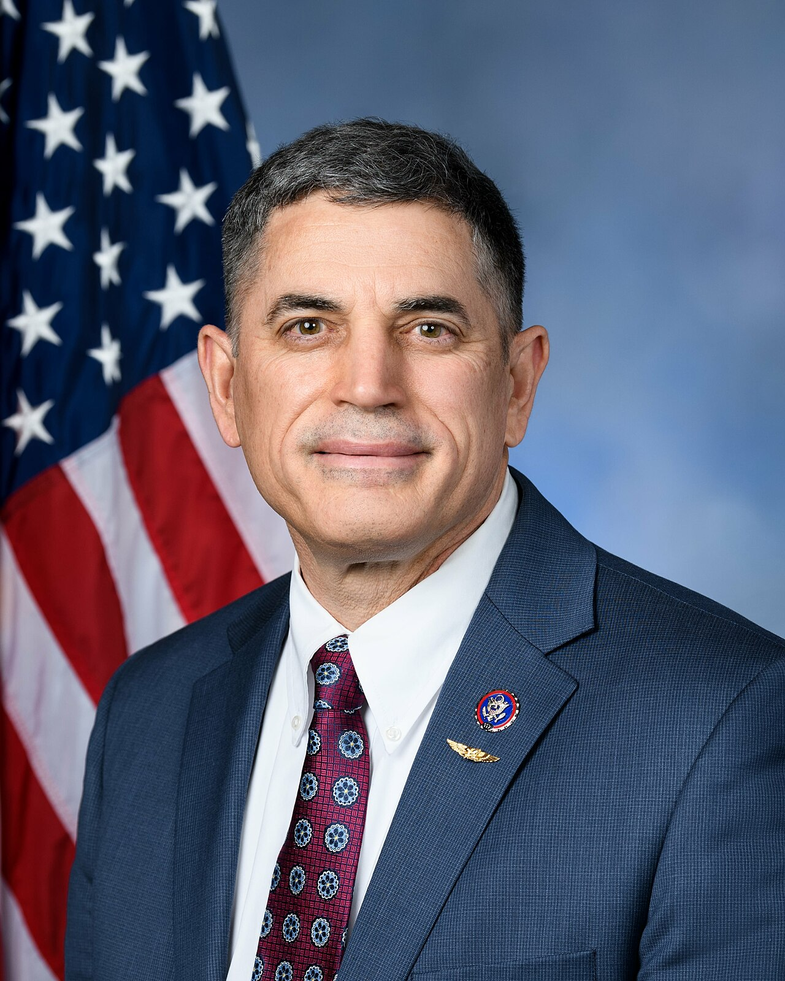
Co-Sponsor
-
TrackTom Cole

Co-Sponsor
-
TrackMike Collins

Co-Sponsor
-
TrackJames Comer

Co-Sponsor
-
TrackElijah Crane

Co-Sponsor
-
TrackJeff Crank
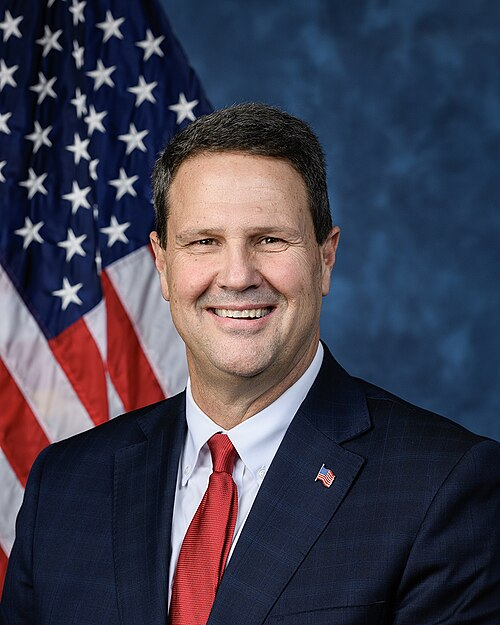
Co-Sponsor
-
TrackDan Crenshaw

Co-Sponsor
-
TrackWarren Davidson
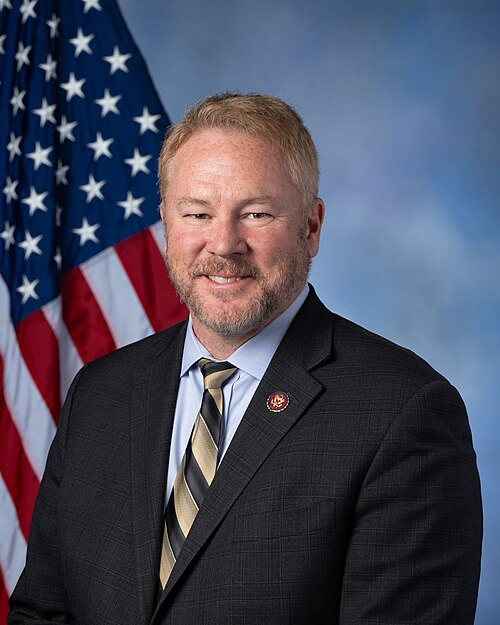
Co-Sponsor
-
TrackMonica De La Cruz
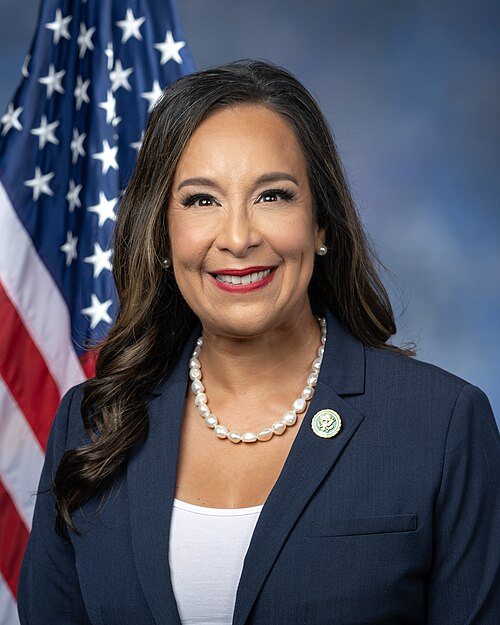
Co-Sponsor
-
TrackScott DesJarlais

Co-Sponsor
-
TrackByron Donalds
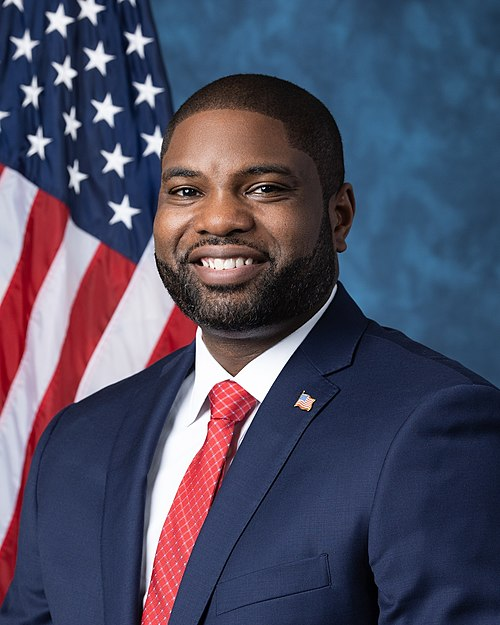
Co-Sponsor
-
TrackTroy Downing
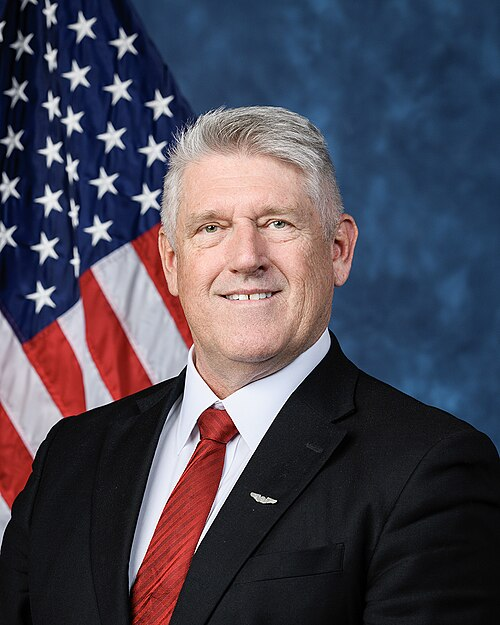
Co-Sponsor
-
TrackNeal P. Dunn
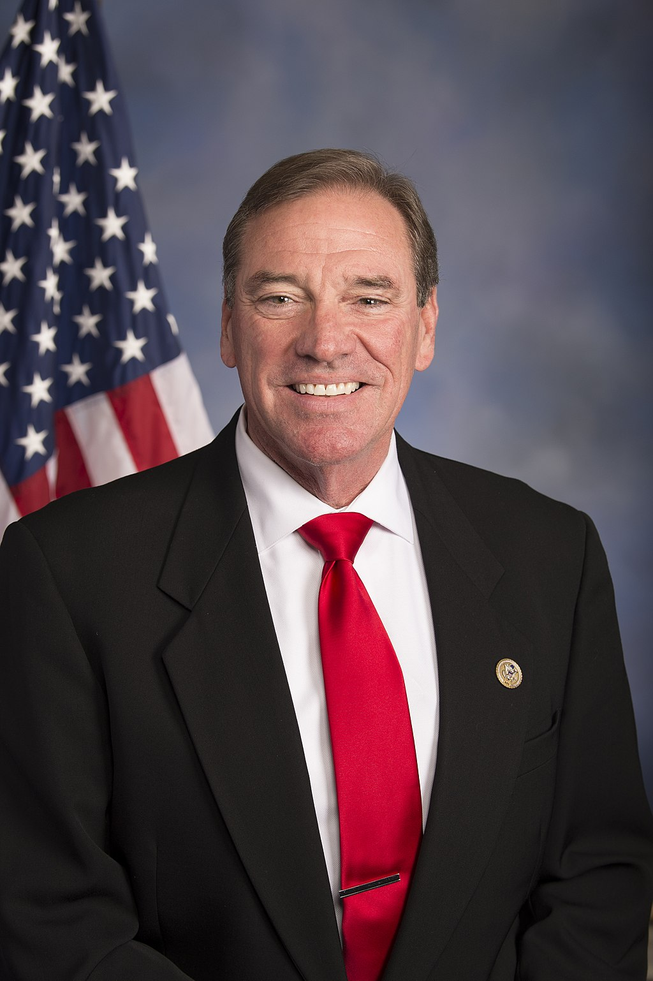
Co-Sponsor
-
TrackChuck Edwards

Co-Sponsor
-
TrackJake Ellzey
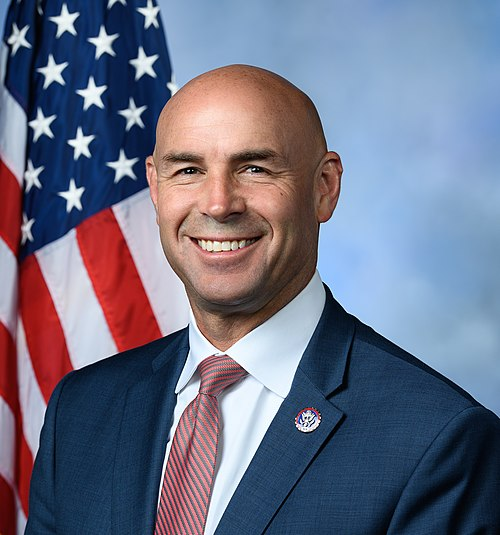
Co-Sponsor
-
TrackRon Estes
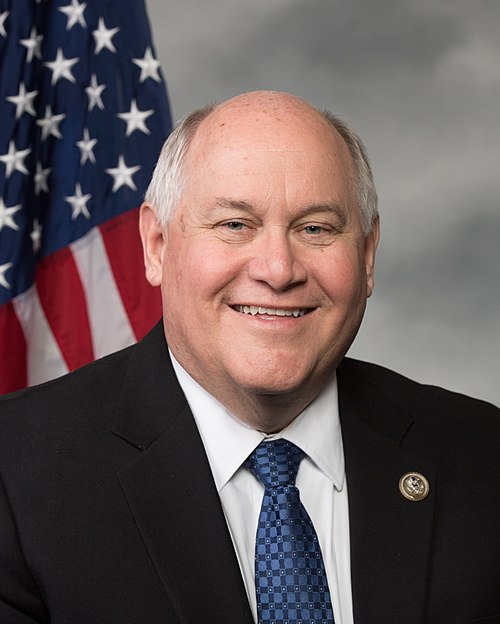
Co-Sponsor
-
TrackGabe Evans
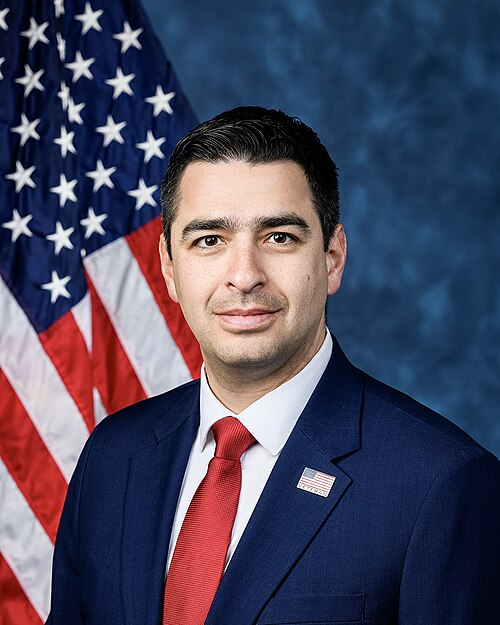
Co-Sponsor
-
TrackMike Ezell

Co-Sponsor
-
TrackPat Fallon

Co-Sponsor
-
TrackJulie Fedorchak

Co-Sponsor
-
TrackRandy Feenstra

Co-Sponsor
-
TrackRandy Fine

Co-Sponsor
-
TrackBrad Finstad
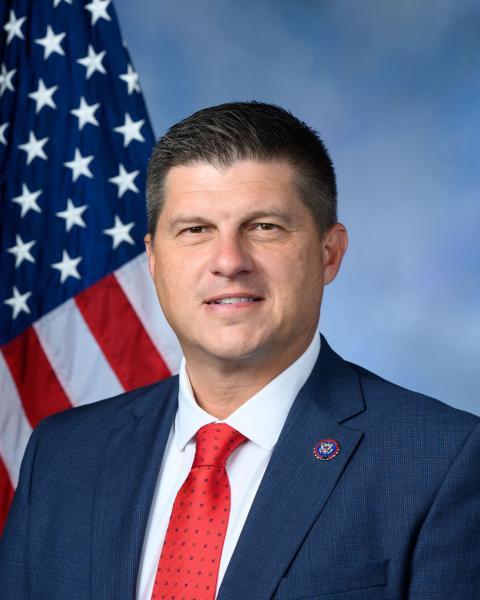
Co-Sponsor
-
TrackMichelle Fischbach
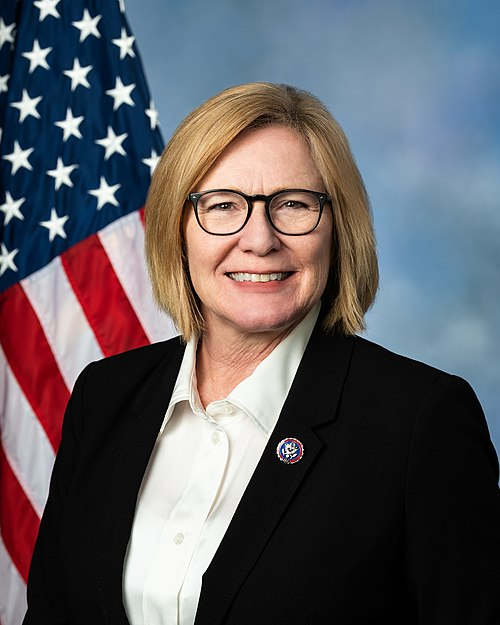
Co-Sponsor
-
TrackScott Fitzgerald
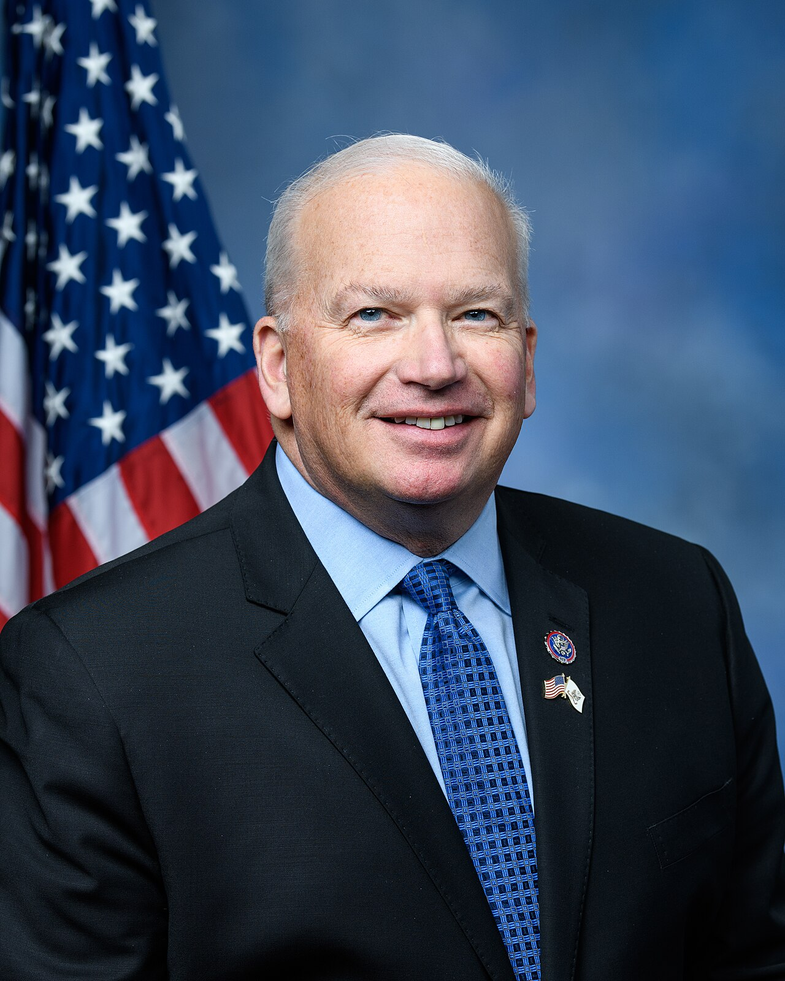
Co-Sponsor
-
TrackCharles J. "Chuck" Fleischmann

Co-Sponsor
-
TrackMike Flood

Co-Sponsor
-
TrackVince Fong
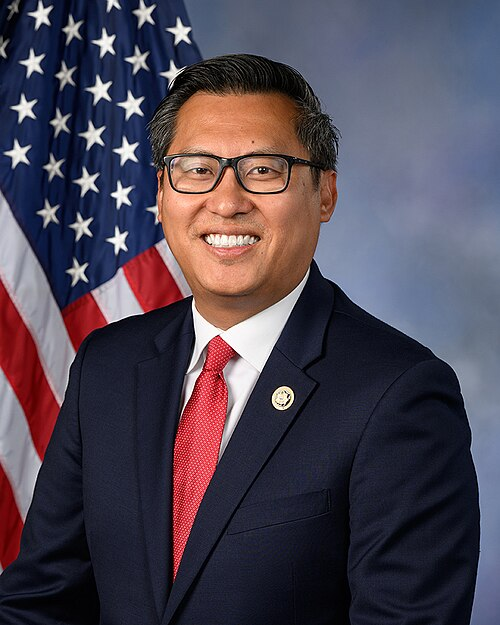
Co-Sponsor
-
TrackVirginia Foxx

Co-Sponsor
-
TrackScott Franklin

Co-Sponsor
-
TrackRussell Fry

Co-Sponsor
-
TrackRuss Fulcher
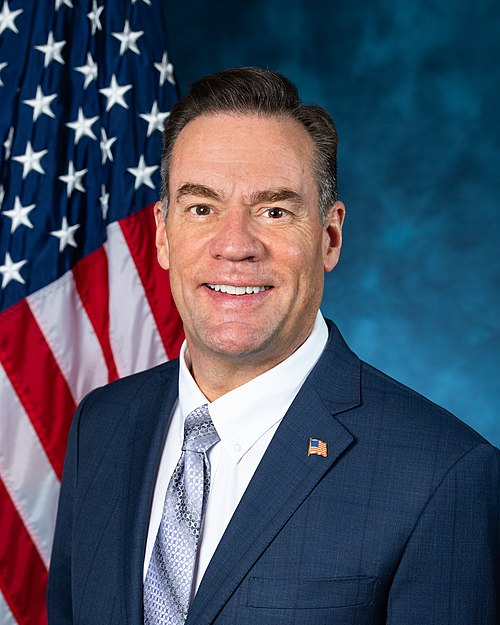
Co-Sponsor
-
TrackBrandon Gill
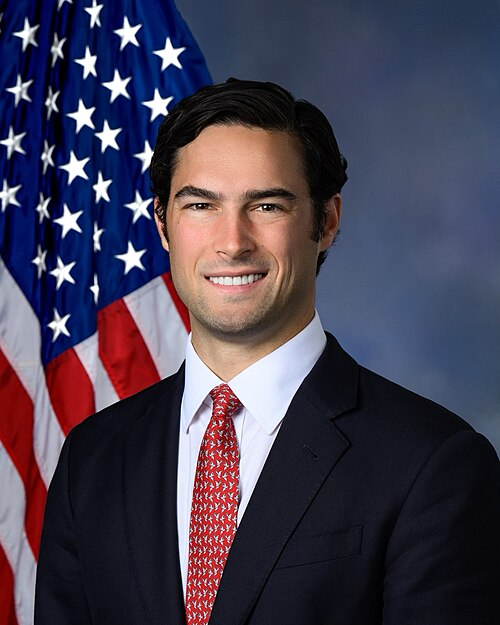
Co-Sponsor
-
TrackJared F. Golden

Co-Sponsor
-
TrackCraig Goldman

Co-Sponsor
-
TrackTony Gonzales
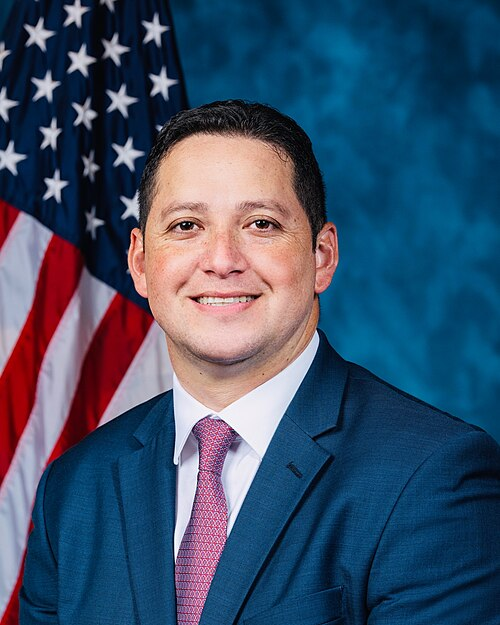
Co-Sponsor
-
TrackLance Gooden
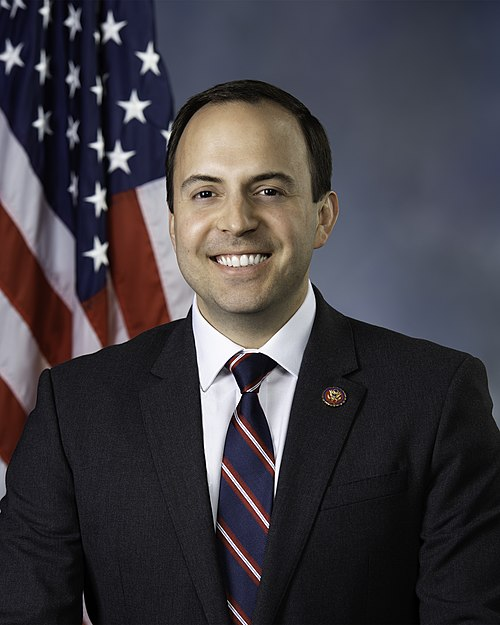
Co-Sponsor
-
TrackPaul A. Gosar

Co-Sponsor
-
TrackSam Graves

Co-Sponsor
-
TrackMark E. Green

Co-Sponsor
-
TrackMarjorie Taylor Greene

Co-Sponsor
-
TrackGlenn Grothman
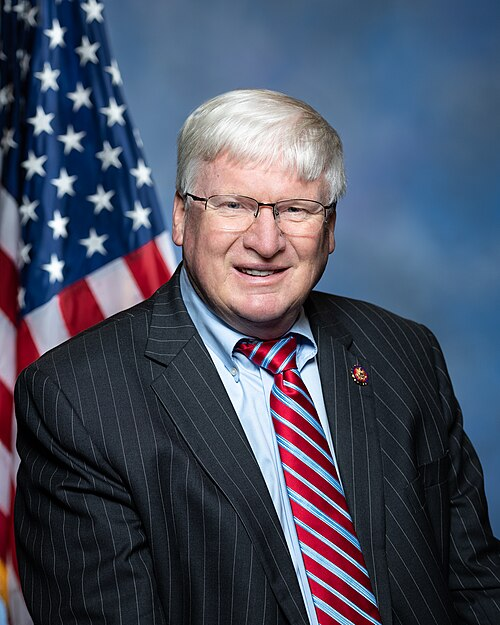
Co-Sponsor
-
TrackMichael Guest

Co-Sponsor
-
TrackBrett Guthrie

Co-Sponsor
-
TrackHarriet M. Hageman

Co-Sponsor
-
TrackAbraham Hamadeh

Co-Sponsor
-
TrackMike Haridopolos
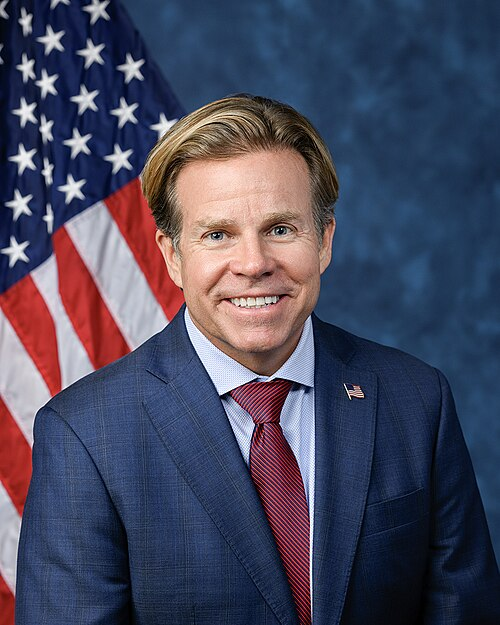
Co-Sponsor
-
TrackPat Harrigan
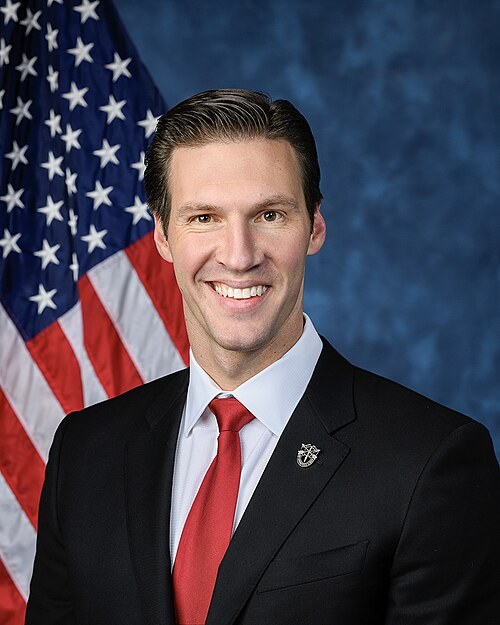
Co-Sponsor
-
TrackAndy Harris

Co-Sponsor
-
TrackMark Harris

Co-Sponsor
-
TrackDiana Harshbarger

Co-Sponsor
-
TrackKevin Hern

Co-Sponsor
-
TrackClay Higgins
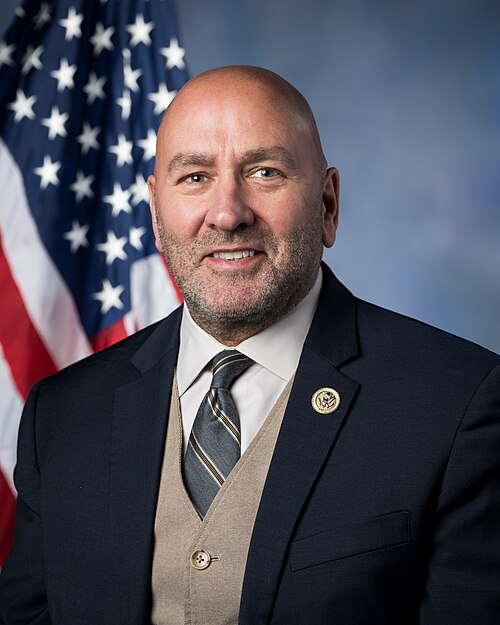
Co-Sponsor
-
TrackJ. French Hill

Co-Sponsor
-
TrackAshley Hinson

Co-Sponsor
-
TrackErin Houchin

Co-Sponsor
-
TrackBill Huizenga

Co-Sponsor
-
TrackWesley Hunt

Co-Sponsor
-
TrackJeff Hurd

Co-Sponsor
-
TrackDarrell Issa
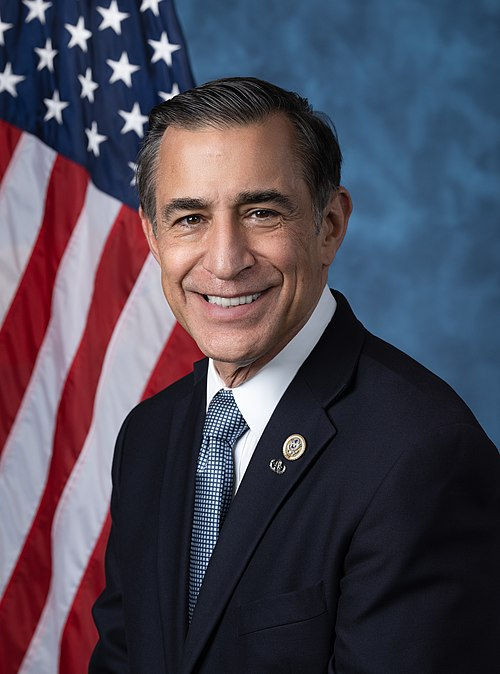
Co-Sponsor
-
TrackBrian Jack

Co-Sponsor
-
TrackRonny Jackson
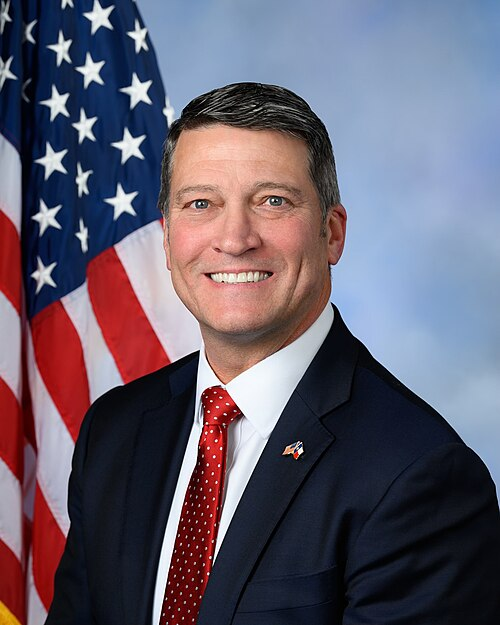
Co-Sponsor
-
TrackJohn James

Co-Sponsor
-
TrackDusty Johnson

Co-Sponsor
-
TrackJohn Joyce

Co-Sponsor
-
TrackTrent Kelly
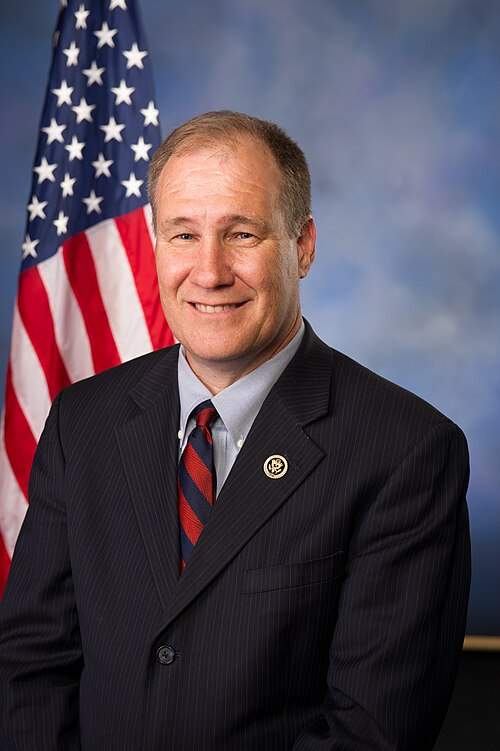
Co-Sponsor
-
TrackMike Kelly

Co-Sponsor
-
TrackMike Kennedy

Co-Sponsor
-
TrackJennifer Kiggans

Co-Sponsor
-
TrackBrad Knott

Co-Sponsor
-
TrackDavid Kustoff
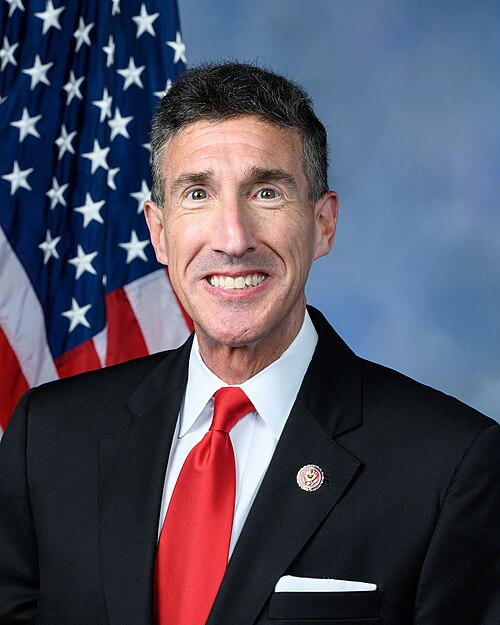
Co-Sponsor
-
TrackDarin LaHood

Co-Sponsor
-
TrackDoug LaMalfa

Co-Sponsor
-
TrackNicholas A. Langworthy
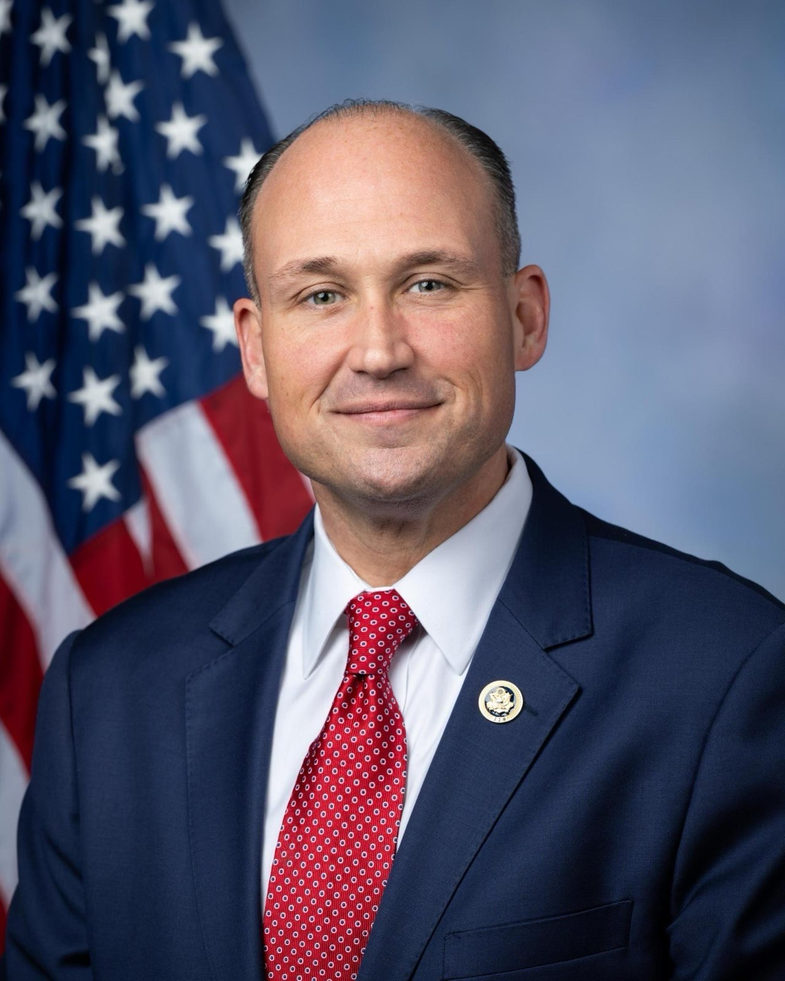
Co-Sponsor
-
TrackRobert E. Latta

Co-Sponsor
-
TrackLaurel M. Lee
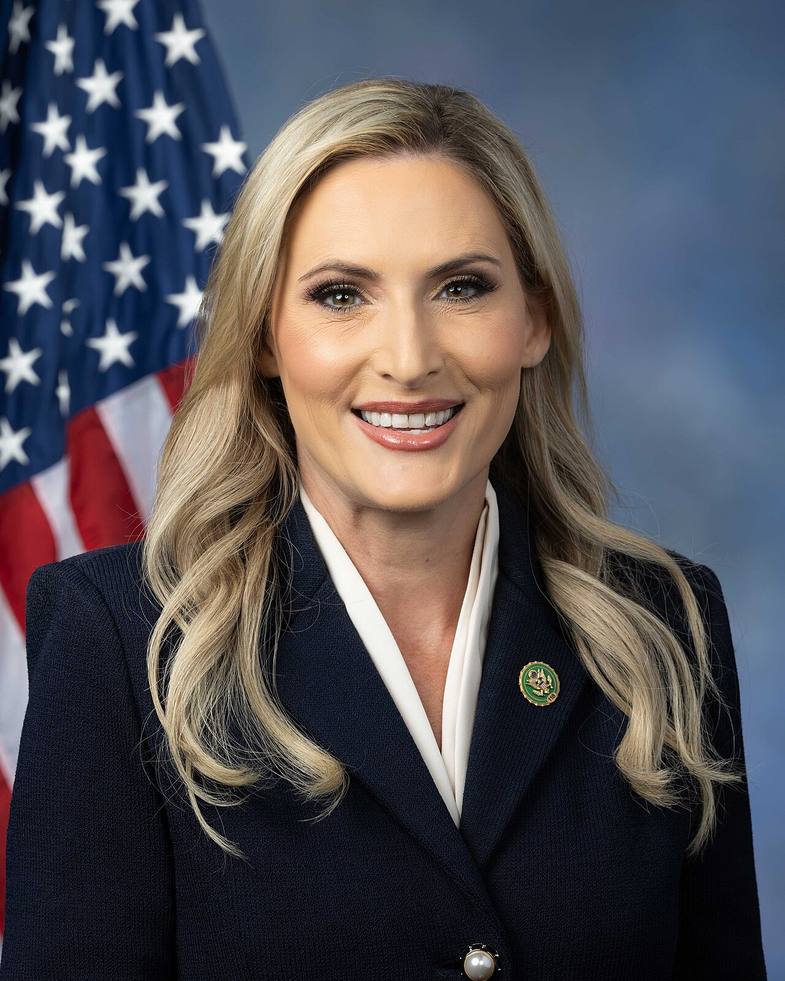
Co-Sponsor
-
TrackJulia Letlow

Co-Sponsor
-
TrackBarry Loudermilk

Co-Sponsor
-
TrackFrank D. Lucas

Co-Sponsor
-
TrackAnna Paulina Luna

Co-Sponsor
-
TrackMorgan Luttrell

Co-Sponsor
-
TrackNancy Mace

Co-Sponsor
-
TrackTracey Mann

Co-Sponsor
-
TrackTom McClintock

Co-Sponsor
-
TrackRichard McCormick

Co-Sponsor
-
TrackAddison McDowell

Co-Sponsor
-
TrackJohn McGuire

Co-Sponsor
-
TrackMark Messmer

Co-Sponsor
-
TrackDaniel Meuser
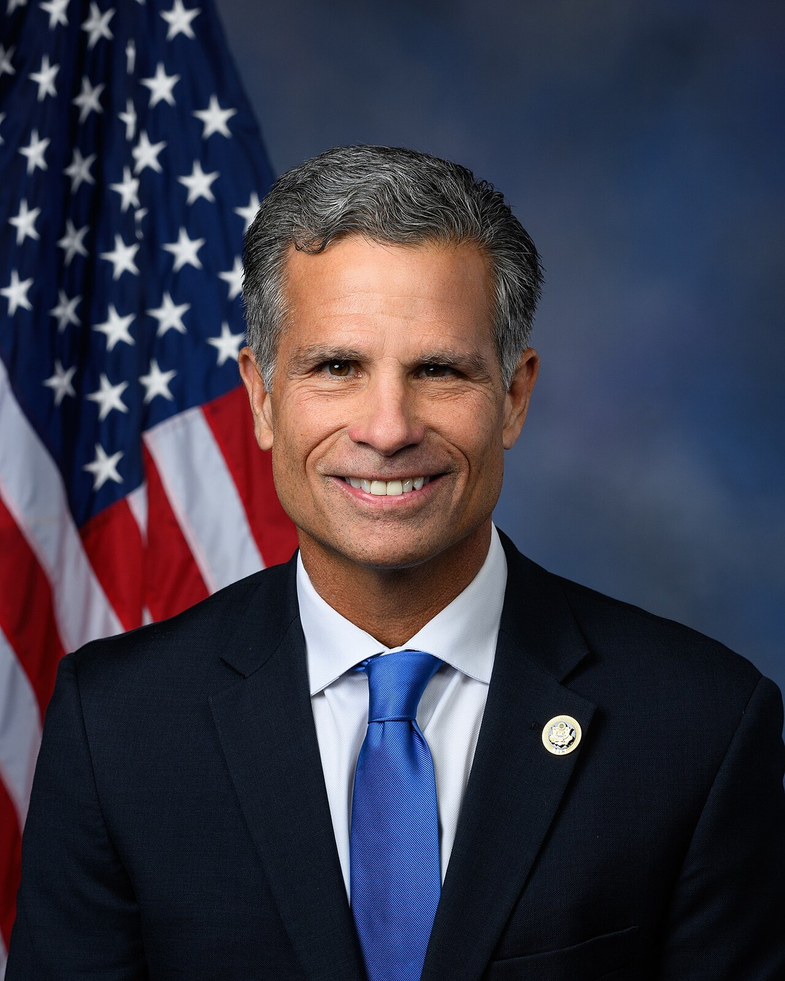
Co-Sponsor
-
TrackCarol D. Miller

Co-Sponsor
-
TrackMax L. Miller
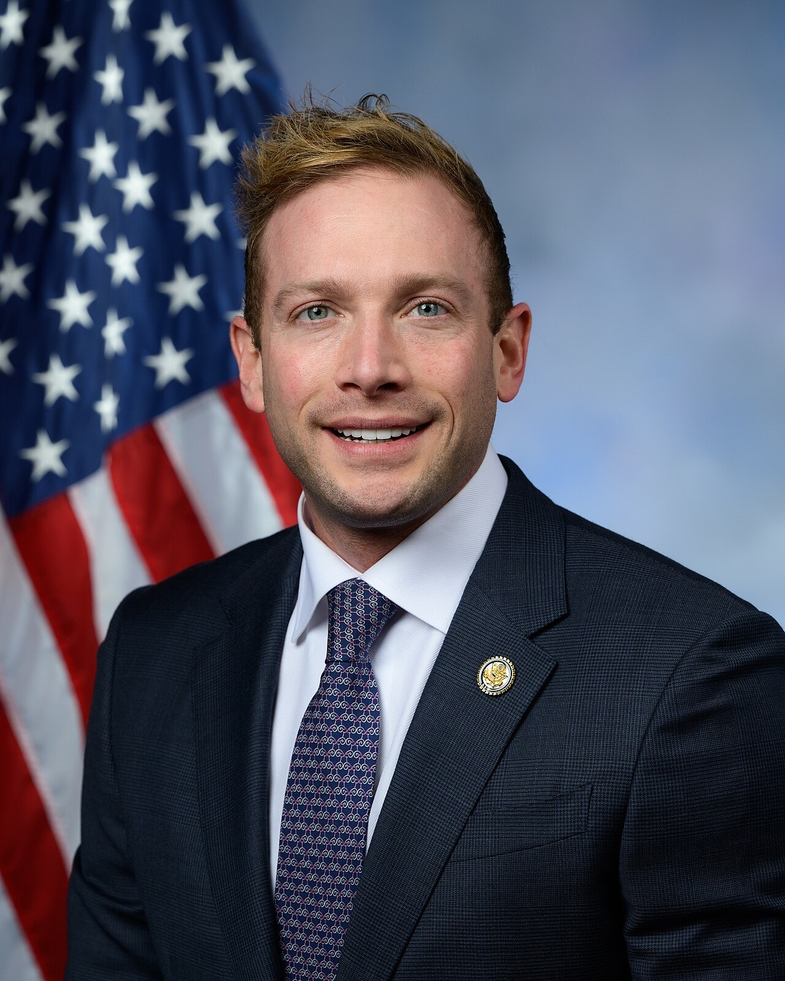
Co-Sponsor
-
TrackMary E. Miller

Co-Sponsor
-
TrackMariannette Miller-Meeks

Co-Sponsor
-
TrackCory Mills
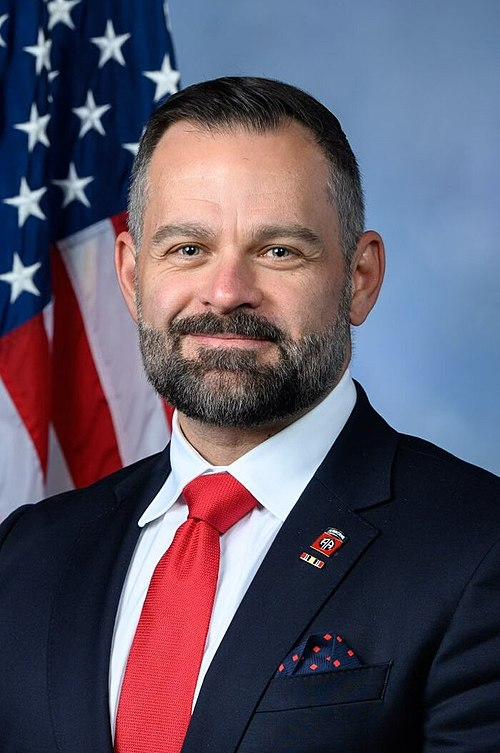
Co-Sponsor
-
TrackJohn R. Moolenaar

Co-Sponsor
-
TrackRiley Moore

Co-Sponsor
-
TrackTim Moore

Co-Sponsor
-
TrackBarry Moore

Co-Sponsor
-
TrackBlake D. Moore

Co-Sponsor
-
TrackNathaniel Moran

Co-Sponsor
-
TrackGregory F. Murphy

Co-Sponsor
-
TrackTroy E. Nehls
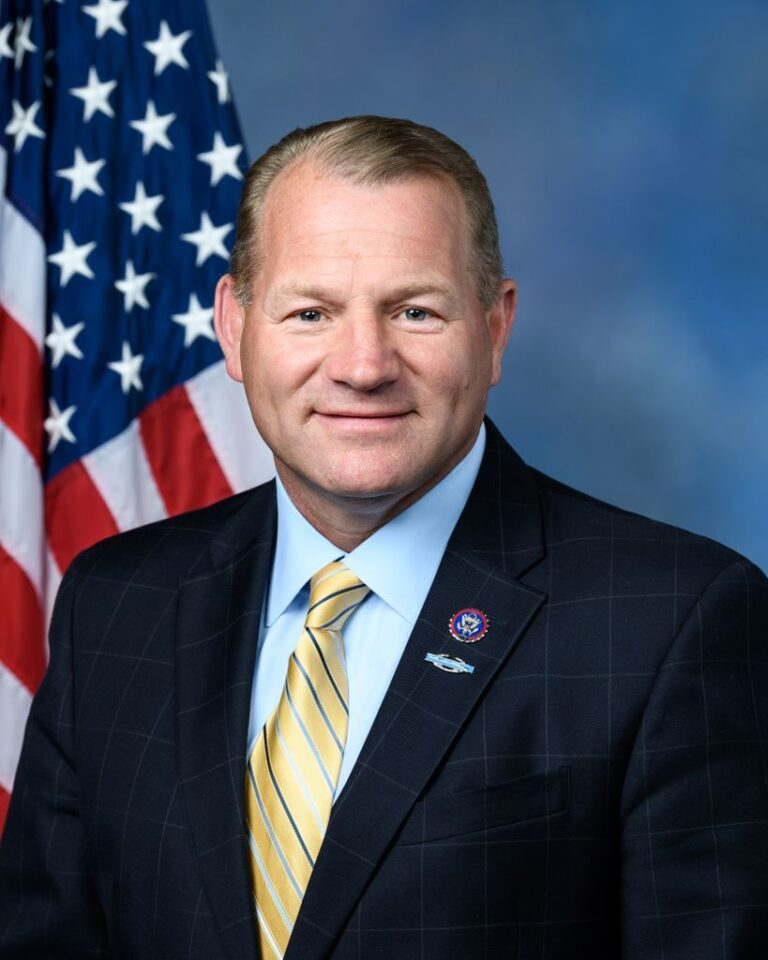
Co-Sponsor
-
TrackDan Newhouse

Co-Sponsor
-
TrackRalph Norman

Co-Sponsor
-
TrackJay Obernolte

Co-Sponsor
-
TrackAndrew Ogles

Co-Sponsor
-
TrackRobert Onder

Co-Sponsor
-
TrackBurgess Owens
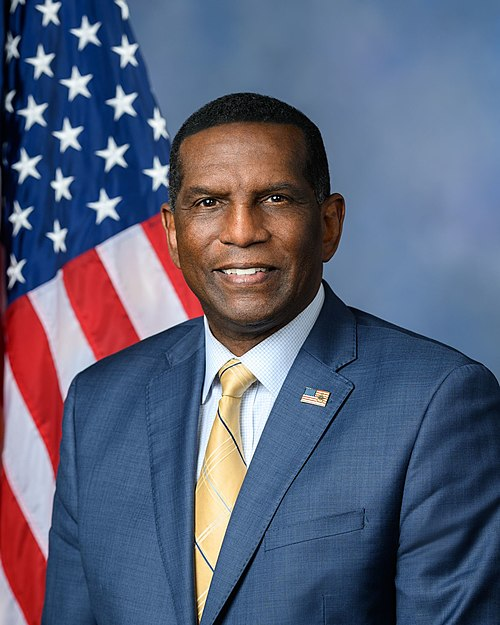
Co-Sponsor
-
TrackGary J. Palmer

Co-Sponsor
-
TrackJimmy Patronis

Co-Sponsor
-
TrackScott Perry

Co-Sponsor
-
TrackAugust Pfluger
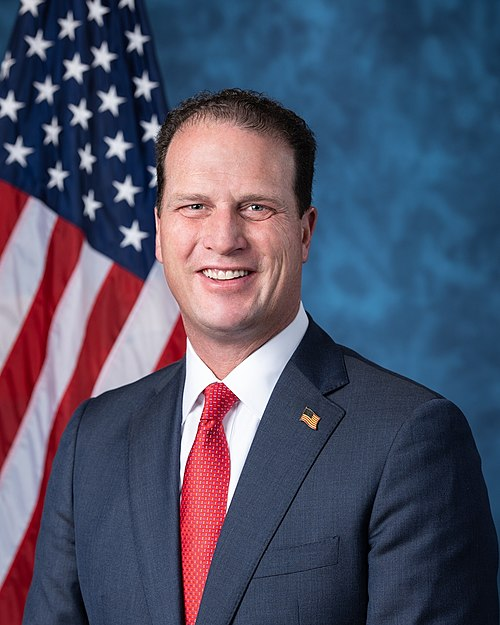
Co-Sponsor
-
TrackGuy Reschenthaler
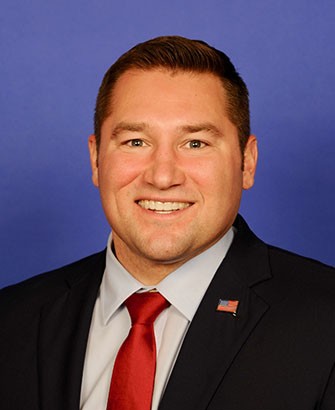
Co-Sponsor
-
TrackHarold Rogers
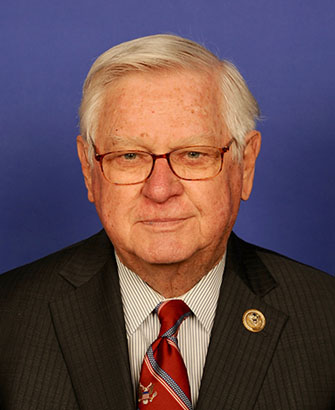
Co-Sponsor
-
TrackMike Rogers

Co-Sponsor
-
TrackJohn W. Rose

Co-Sponsor
-
TrackDavid Rouzer
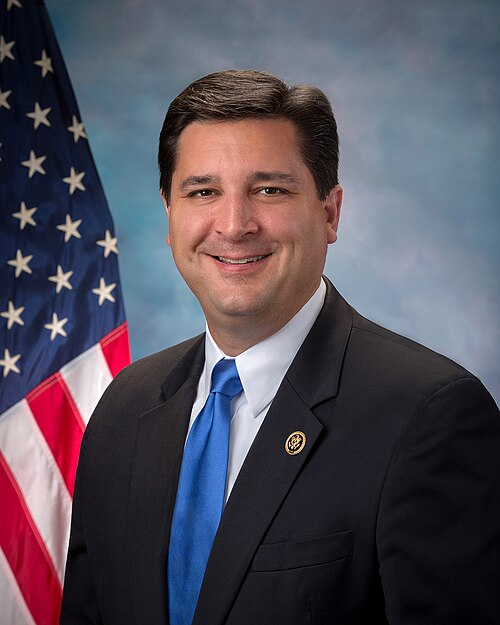
Co-Sponsor
-
TrackMichael A. Rulli

Co-Sponsor
-
TrackJohn H. Rutherford

Co-Sponsor
-
TrackDerek Schmidt

Co-Sponsor
-
TrackAustin Scott

Co-Sponsor
-
TrackKeith Self
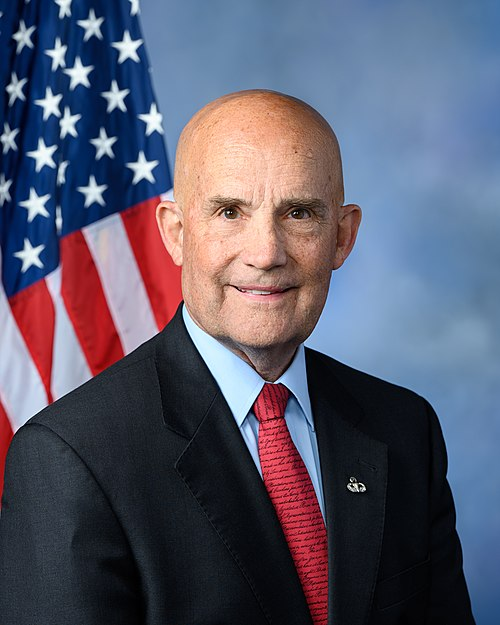
Co-Sponsor
-
TrackPete Sessions

Co-Sponsor
-
TrackJefferson Shreve

Co-Sponsor
-
TrackMichael K. Simpson

Co-Sponsor
-
TrackAdrian Smith

Co-Sponsor
-
TrackJason Smith

Co-Sponsor
-
TrackLloyd Smucker
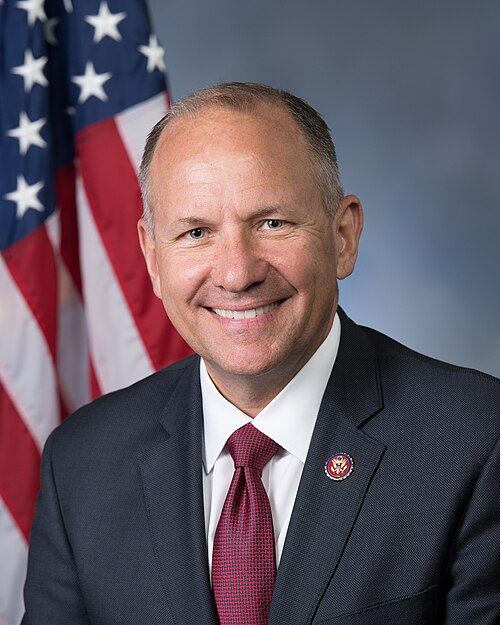
Co-Sponsor
-
TrackPete Stauber

Co-Sponsor
-
TrackElise M. Stefanik

Co-Sponsor
-
TrackBryan Steil
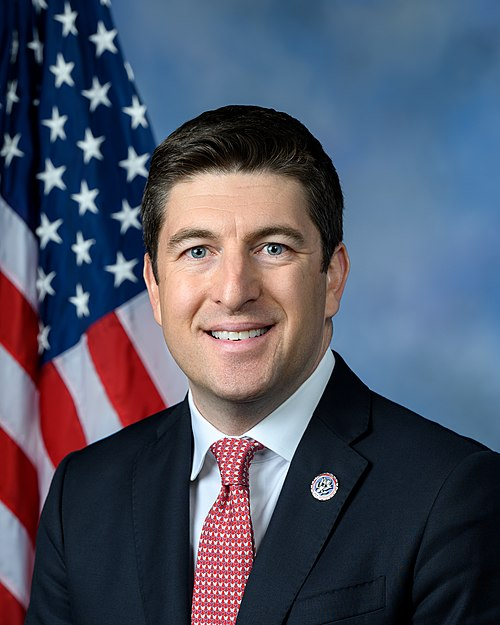
Co-Sponsor
-
TrackW. Gregory Steube

Co-Sponsor
-
TrackDale W. Strong

Co-Sponsor
-
TrackMarlin A. Stutzman
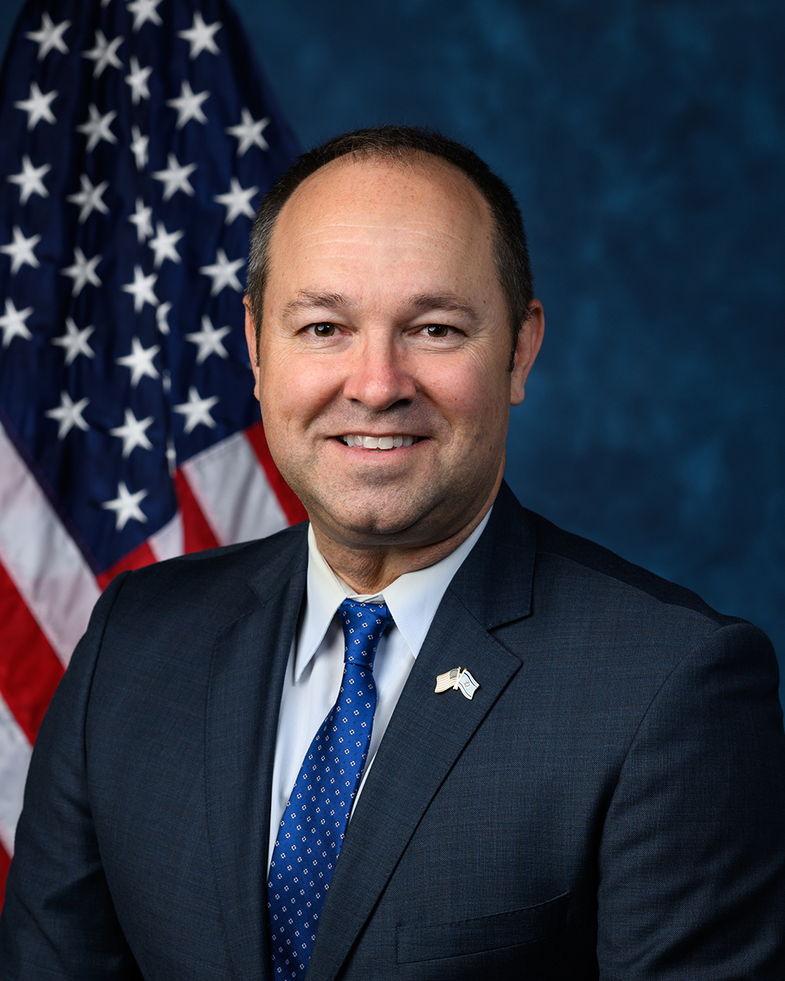
Co-Sponsor
-
TrackDavid Taylor

Co-Sponsor
-
TrackClaudia Tenney

Co-Sponsor
-
TrackGlenn Thompson

Co-Sponsor
-
TrackThomas P. Tiffany

Co-Sponsor
-
TrackWilliam R. Timmons IV
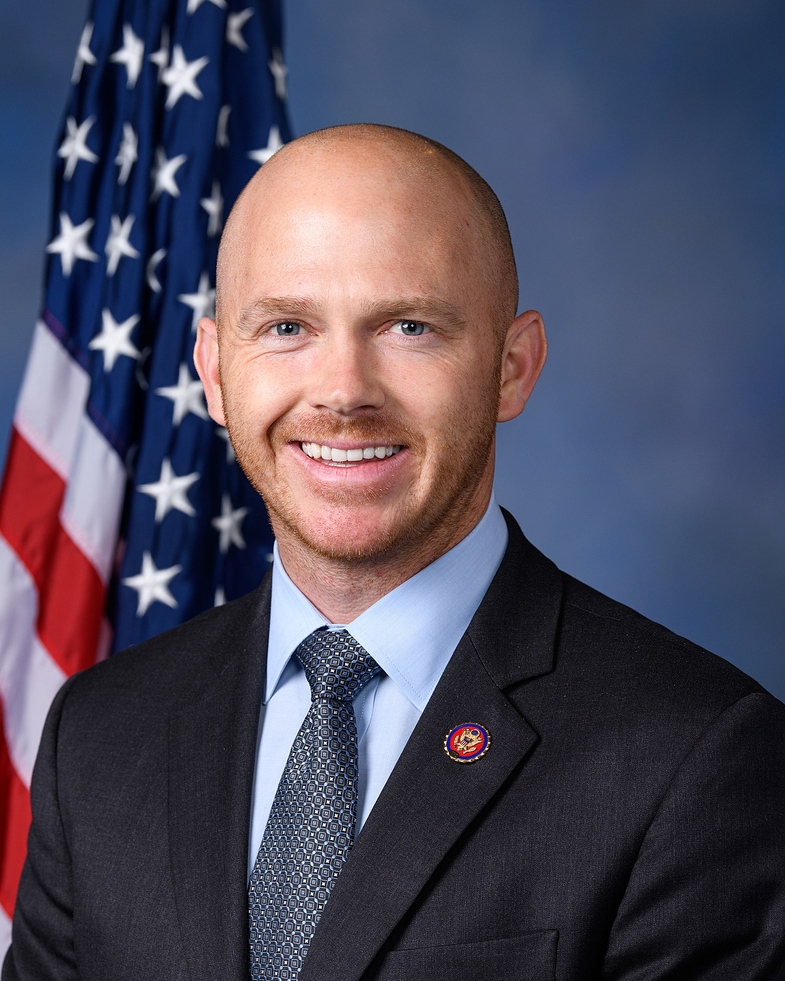
Co-Sponsor
-
TrackDavid G. Valadao
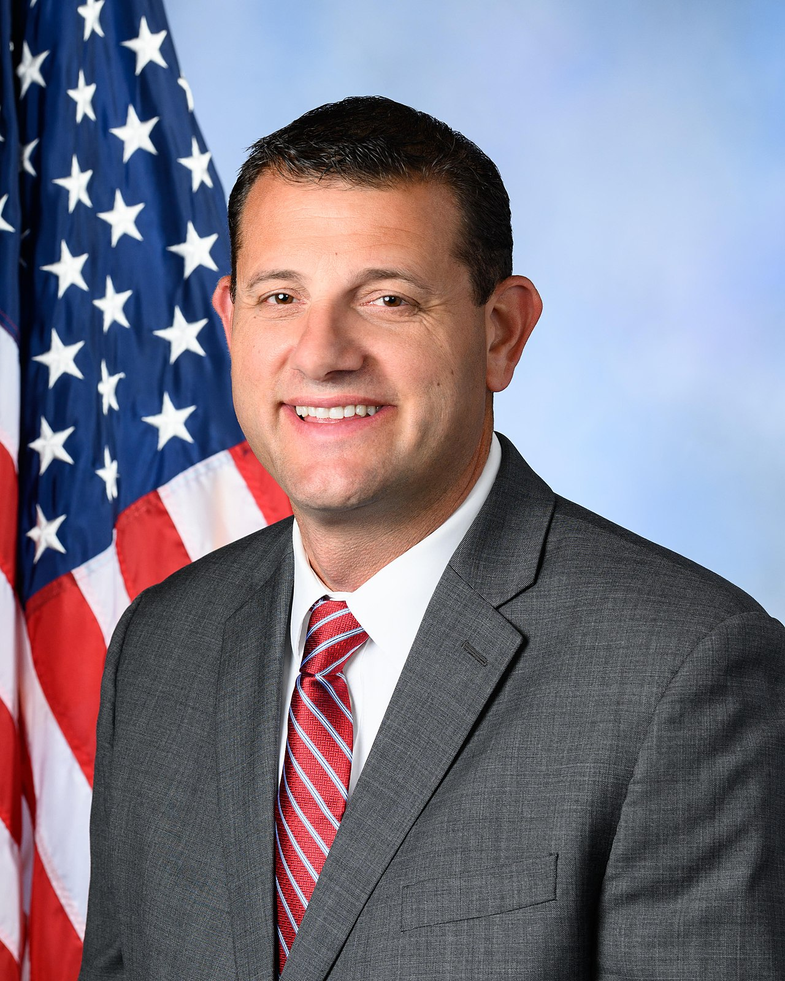
Co-Sponsor
-
TrackJefferson Van Drew
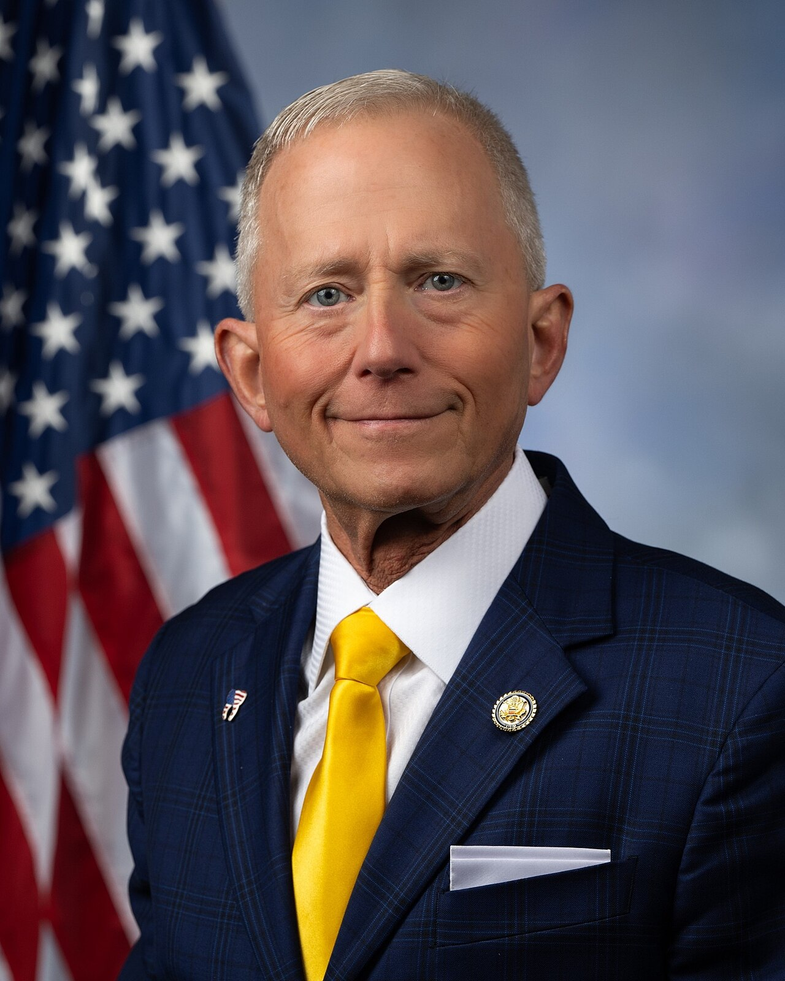
Co-Sponsor
-
TrackBeth Van Duyne

Co-Sponsor
-
TrackDerrick Van Orden
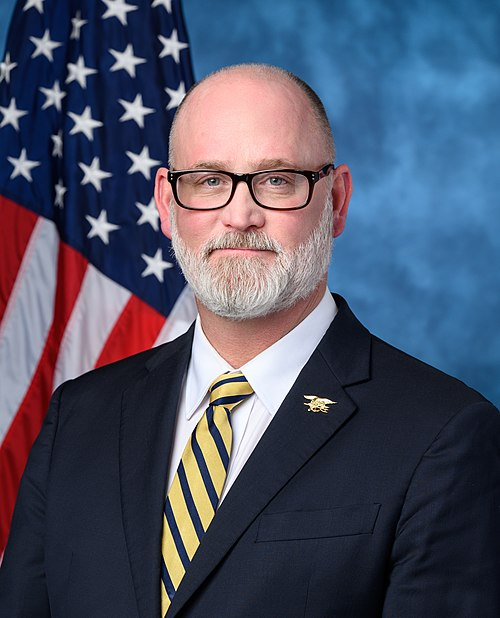
Co-Sponsor
-
TrackAnn Wagner

Co-Sponsor
-
TrackTim Walberg

Co-Sponsor
-
TrackRandy K. Weber, Sr.
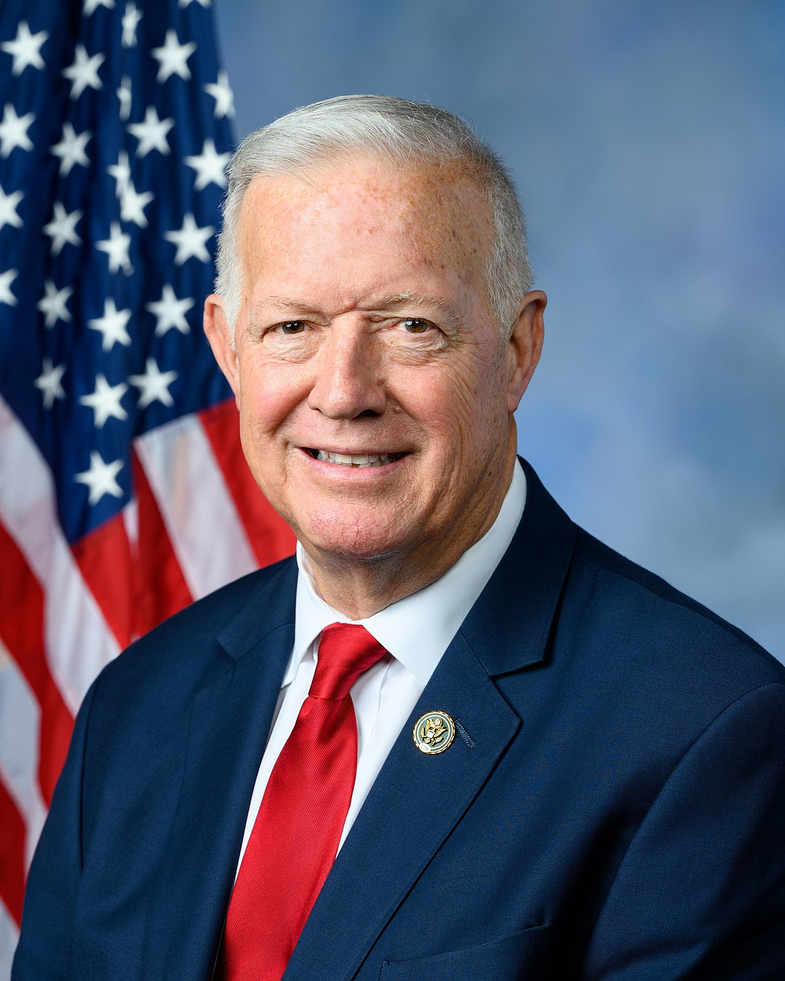
Co-Sponsor
-
TrackDaniel Webster

Co-Sponsor
-
TrackBruce Westerman

Co-Sponsor
-
TrackTony Wied
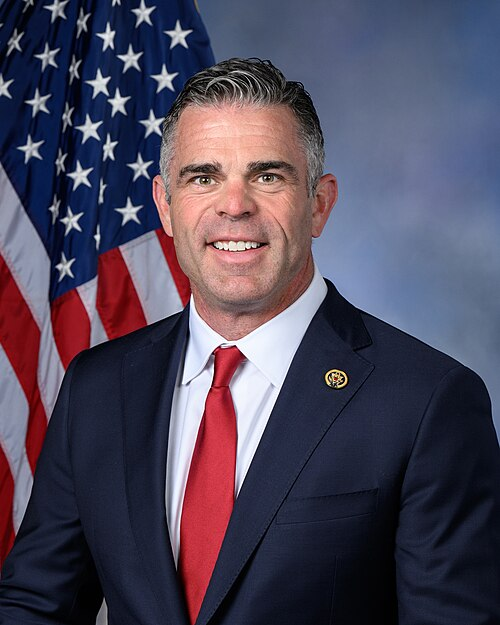
Co-Sponsor
-
TrackRoger Williams

Co-Sponsor
-
TrackJoe Wilson

Co-Sponsor
-
TrackRobert J. Wittman

Co-Sponsor
-
TrackSteve Womack
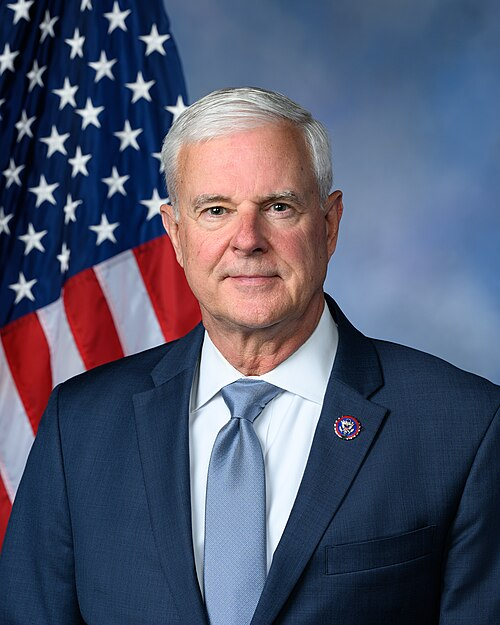
Co-Sponsor
-
TrackRudy Yakym III
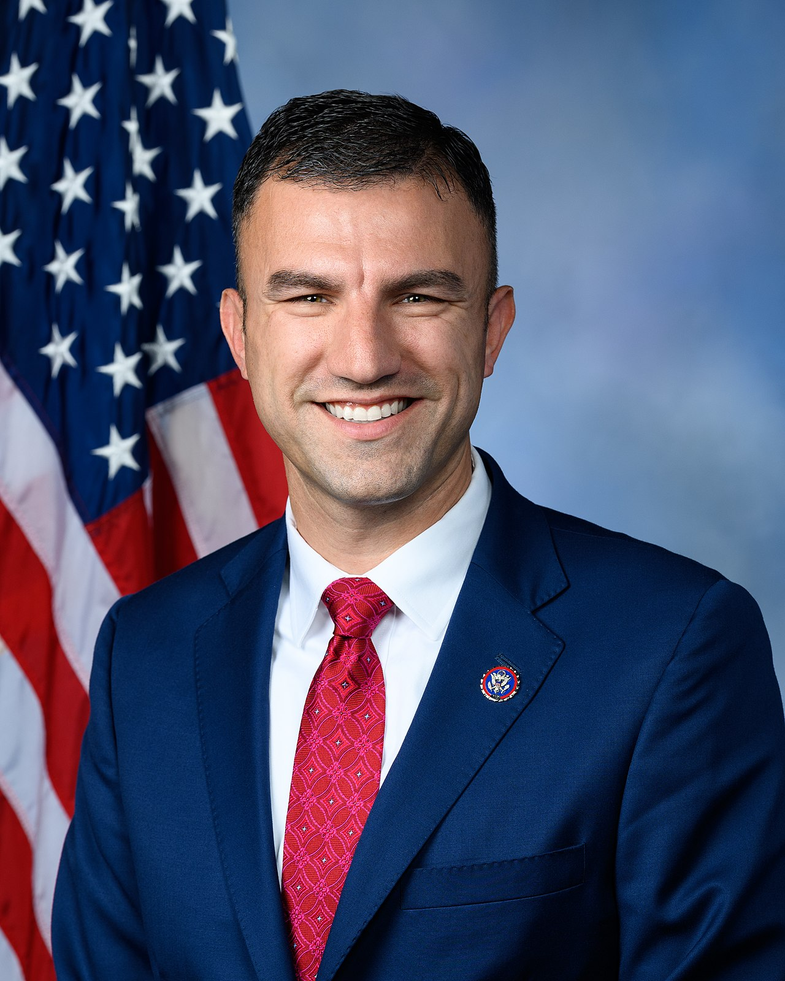
Co-Sponsor
-
TrackRyan K. Zinke

Co-Sponsor
Actions
6 actions
| Date | Action |
|---|---|
| Oct. 03, 2025 | Placed on the Union Calendar, Calendar No. 289. |
| Oct. 03, 2025 | Reported (Amended) by the Committee on Judiciary. H. Rept. 119-337. |
| Mar. 25, 2025 | Committee Consideration and Mark-up Session Held |
| Mar. 25, 2025 | Ordered to be Reported (Amended) by the Yeas and Nays: 18 - 9. |
| Jan. 03, 2025 | Introduced in House |
| Jan. 03, 2025 | Referred to the House Committee on the Judiciary. |
Corporate Lobbying
0 companies lobbying
None found.
* Note that there can be significant delays in lobbying disclosures, and our data may be incomplete.
Potentially Relevant Congressional Stock Trades
No relevant congressional stock trades found.